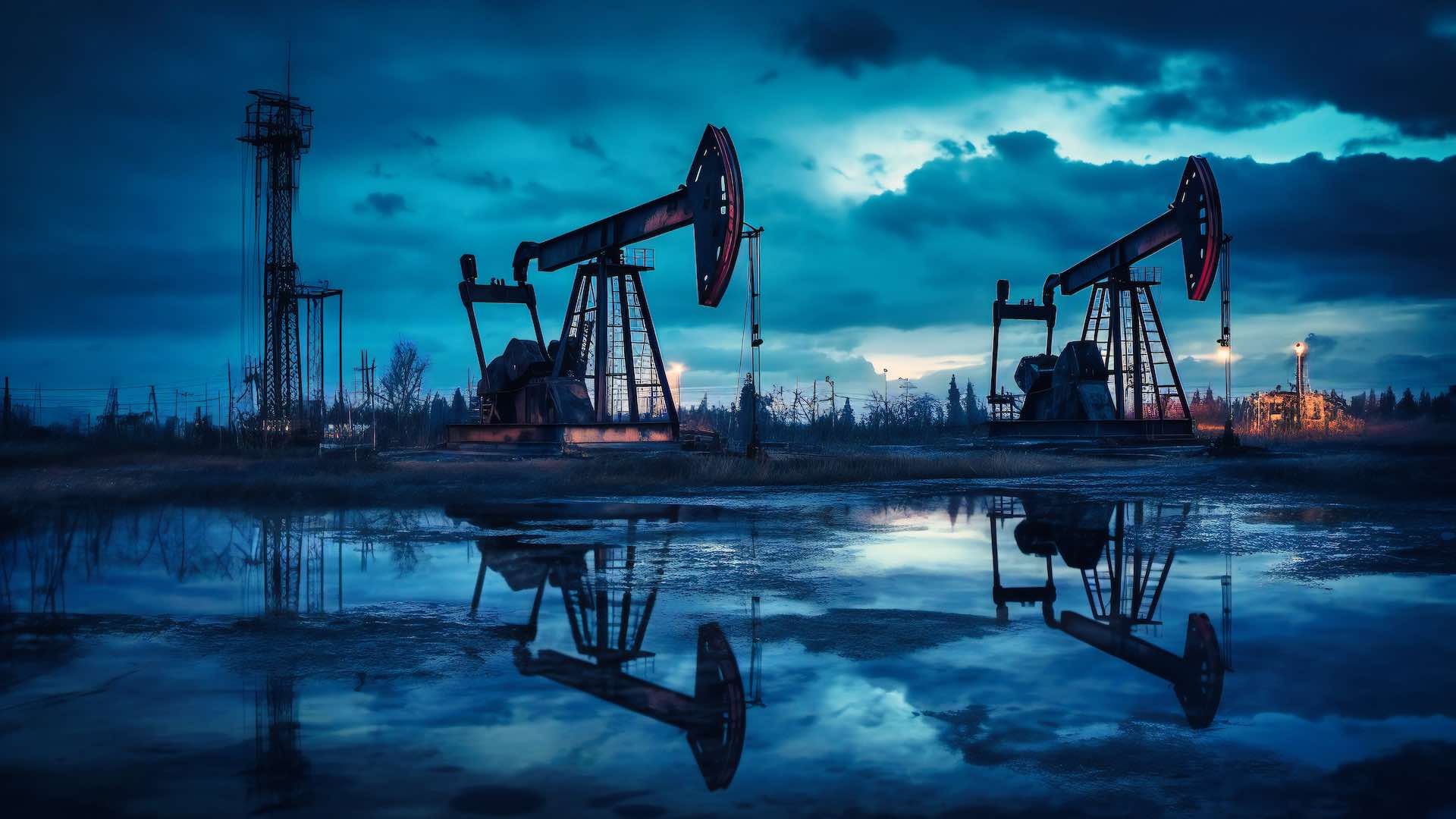In a significant development for India’s energy sector, Oil and Natural Gas Corporation (ONGC) has commenced oil production from its highly anticipated deep-sea project in the Krishna Godavari basin, situated in the Bay of Bengal. This initiative marks a major milestone in the country’s pursuit of enhancing its oil and natural gas production capabilities.

The Cluster-2 project in the KG-DWN-98/2 block is now operational, with plans to gradually increase its output over time. In a recent announcement on social media, Petroleum and Natural Gas Minister Hardeep Singh Puri emphasized the complexity and significance of this project. He noted that the first oil production from this challenging block has commenced, setting the stage for a considerable increase in India’s energy resources.
According to Minister Puri, the production from this project is expected to reach an impressive 45 thousand barrels per day, alongside over 10 million standard cubic metres per day of gas. This increase in production is projected to contribute an additional 7 percent to the current national oil production and a similar percentage to the national natural gas production, thereby bolstering India’s energy self-sufficiency.
The strategic location of the project, offshore the Godavari river delta, positions it approximately 35 kilometres off the coast of Andhra Pradesh. The project spans a range of water depths, from 300 to 3,200 metres, making it one of the more challenging endeavors in the region. The block’s discoveries are segmented into three clusters, with Cluster 2 being the first to be developed and put into production.
The commencement of oil production from this deep-sea project not only enhances India’s energy portfolio but also represents a significant technological achievement. By tapping into these deep-sea resources, ONGC is setting a precedent for future offshore projects in challenging environments.
